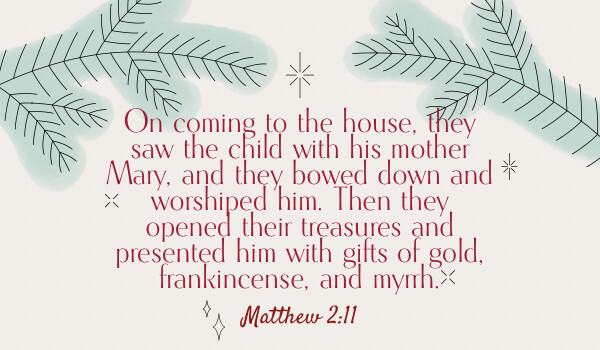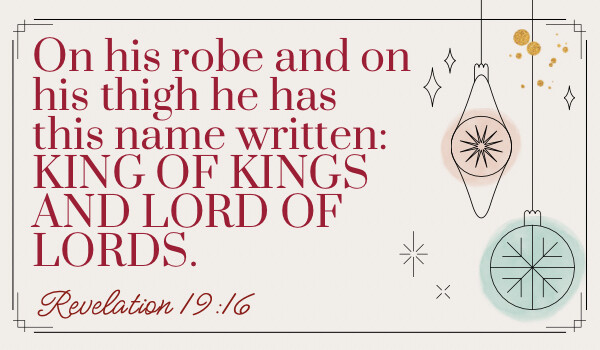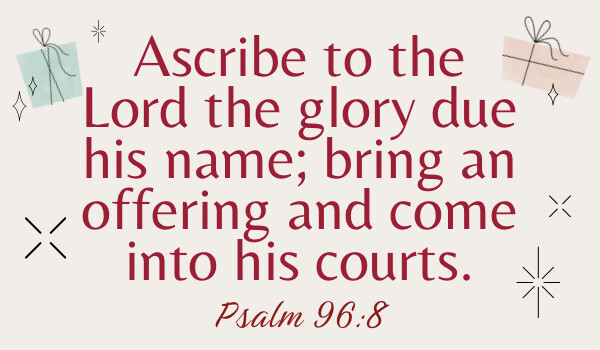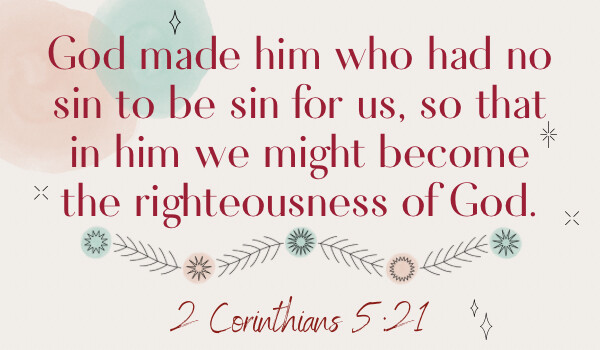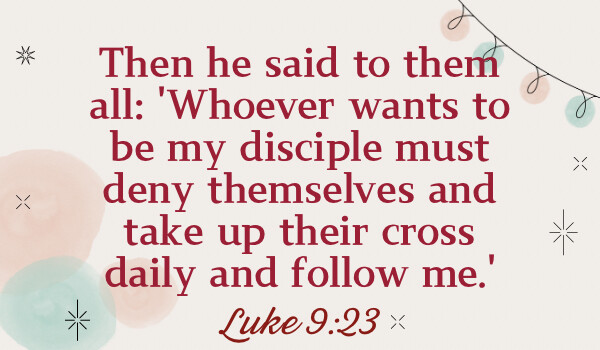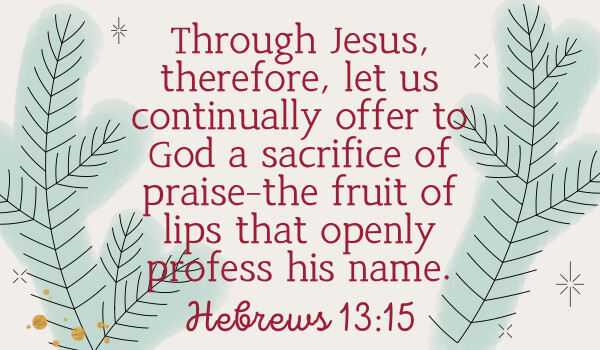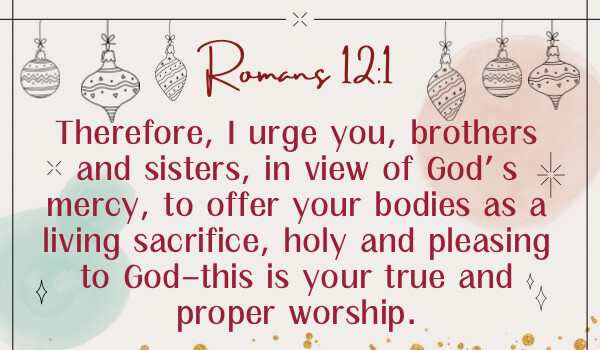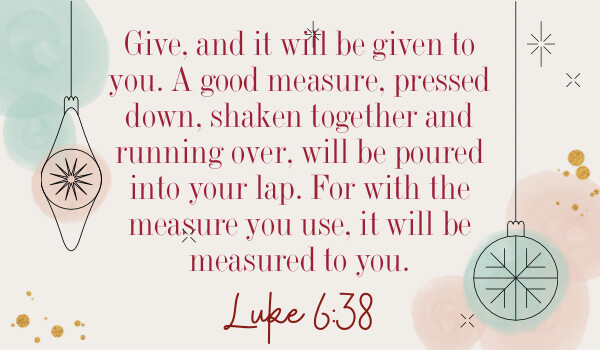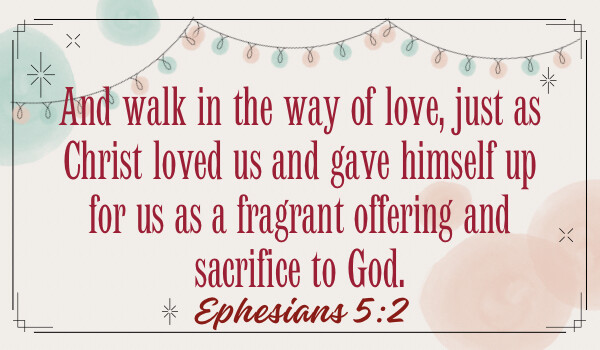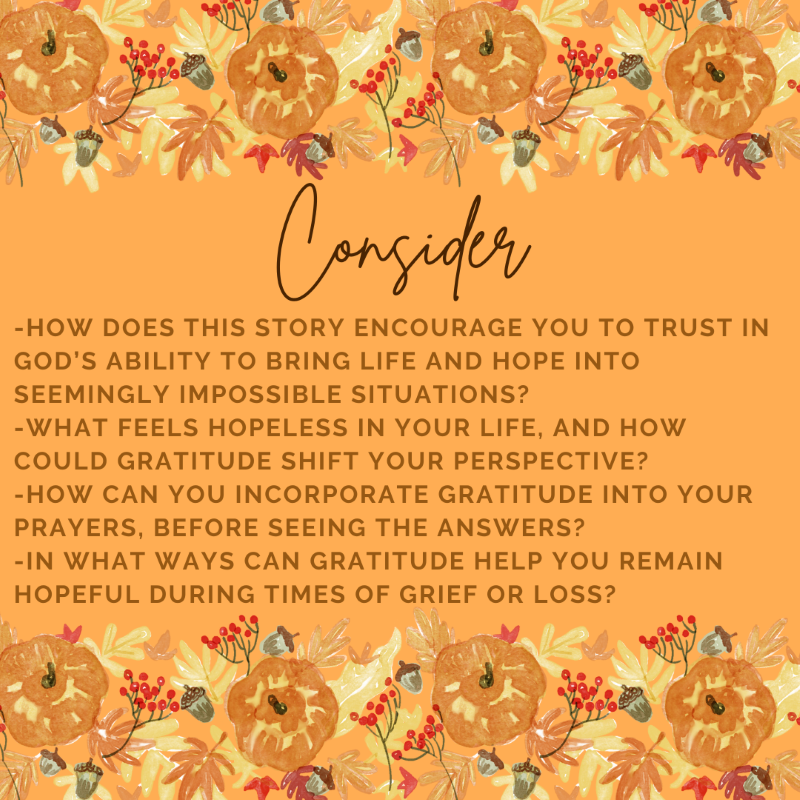The Prophecy Fulfilled: A Nativity Retrospective
The story of Christmas is more than a tale of shepherds, angels, and a baby in a manger—it’s the culmination of centuries-old promises spoken through prophets. Long before the star of Bethlehem lit up the night sky, God intricately wove threads of hope and redemption throughout the fabric of Scripture. From Isaiah’s foretelling of a virgin giving birth to Micah’s pinpointing of Bethlehem, the birth of Jesus wasn’t a coincidence; it was the fulfillment of divine prophecy. In this retrospective, we’ll explore how the Nativity story echoes the promises of old, proving that God’s word never fails.

The Messiah’s Lineage
Prophecy: The Messiah would come from the line of David (2 Samuel 7:12-16, Isaiah 11:1).
Fulfillment: Jesus was a descendant of David through both Mary (biological) and Joseph (legal guardian). Matthew 1:1-16 and Luke 3:23-38 trace Jesus’ genealogy to David.
Significance: Establishes Jesus’ rightful claim to the throne of Israel and His identity as the promised King.
The Virgin Birth
Prophecy: “The virgin will conceive and give birth to a son, and they will call him Immanuel” (Isaiah 7:14).
Fulfillment: Mary, a virgin, conceived Jesus through the Holy Spirit (Matthew 1:18-23, Luke 1:26-38). The angel Gabriel explicitly connected this event to Isaiah’s prophecy.
Significance: Emphasizes the divine nature of Jesus and His role as “God with us.”
The Birthplace in Bethlehem
Prophecy: “But you, Bethlehem Ephrathah, though you are small among the clans of Judah, out of you will come for me one who will be ruler over Israel” (Micah 5:2).
Fulfillment: Jesus was born in Bethlehem, the city of David, due to a Roman census requiring Joseph and Mary to travel there (Luke 2:1-7).
Significance: Highlights God’s sovereignty in using political events (the census) to fulfill His plan.
The Star of Bethlehem
Prophecy: “A star will come out of Jacob; a scepter will rise out of Israel” (Numbers 24:17).
Fulfillment: The Wise Men followed a star that led them to Jesus (Matthew 2:1-10).
Significance: The star symbolizes Jesus as the light of the world and signals His kingship.
Worship by the Gentiles
Prophecy: “May the kings of Tarshish and of distant shores bring tribute to him; may the kings of Sheba and Seba present him gifts” (Psalm 72:10-11).
Fulfillment: The Magi, likely Gentile astrologers from the East, brought gifts of gold, frankincense, and myrrh to worship Jesus (Matthew 2:11).
Significance: Demonstrates Jesus’ global mission and His role as a Savior for all nations, not just Israel.
The Weeping in Ramah
Prophecy: “A voice is heard in Ramah, mourning and great weeping, Rachel weeping for her children and refusing to be comforted, because they are no more” (Jeremiah 31:15).
Fulfillment: King Herod’s massacre of male children under two years old in Bethlehem after learning of Jesus’ birth (Matthew 2:16-18).
Significance: Reflects the opposition and suffering that Jesus’ arrival would provoke, pointing toward His ultimate sacrifice.
The Flight to Egypt
Prophecy: “Out of Egypt I called my son” (Hosea 11:1).
Fulfillment: Joseph and Mary fled to Egypt with baby Jesus to escape Herod’s massacre. They later returned after Herod’s death (Matthew 2:13-15).
Significance: Highlights God’s protection over His Son and parallels Israel’s exodus, with Jesus symbolizing the new and perfect Israel.
The Light to the Nations
Prophecy: “The people walking in darkness have seen a great light; on those living in the land of deep darkness, a light has dawned” (Isaiah 9:2).
Fulfillment: The announcement of Jesus’ birth to the shepherds (Luke 2:8-14) and the Magi following the star symbolize this prophecy. Jesus’ birth heralds the arrival of light into a dark world.
Significance: Foreshadows Jesus’ role as the Savior for all people.
The Eternal Reign of the Messiah
Prophecy: “For to us a child is born, to us a son is given… He will reign on David’s throne and over his kingdom, establishing and upholding it with justice and righteousness from that time on and forever” (Isaiah 9:6-7).
Fulfillment: The angel’s message to Mary: “The Lord God will give Him the throne of His father David, and He will reign over Jacob’s descendants forever” (Luke 1:32-33).
Significance: Points to Jesus’ eternal kingdom and His ultimate victory over sin and death.
Merry Christmas
The birth of Jesus stands as a powerful reminder that God always keeps His promises. Each prophecy fulfilled in the Nativity reveals a God who works through history to bring His plan of redemption to life. The Christmas story is tangible evidence of God’s faithfulness and His deep love for humanity. As we celebrate Christ’s birth, remember that the same God who fulfilled these ancient promises is still at work today, implementing His purposes into our lives.
Wishing You A Very Merry Christmas!
-Torrance Community Church of Christ

